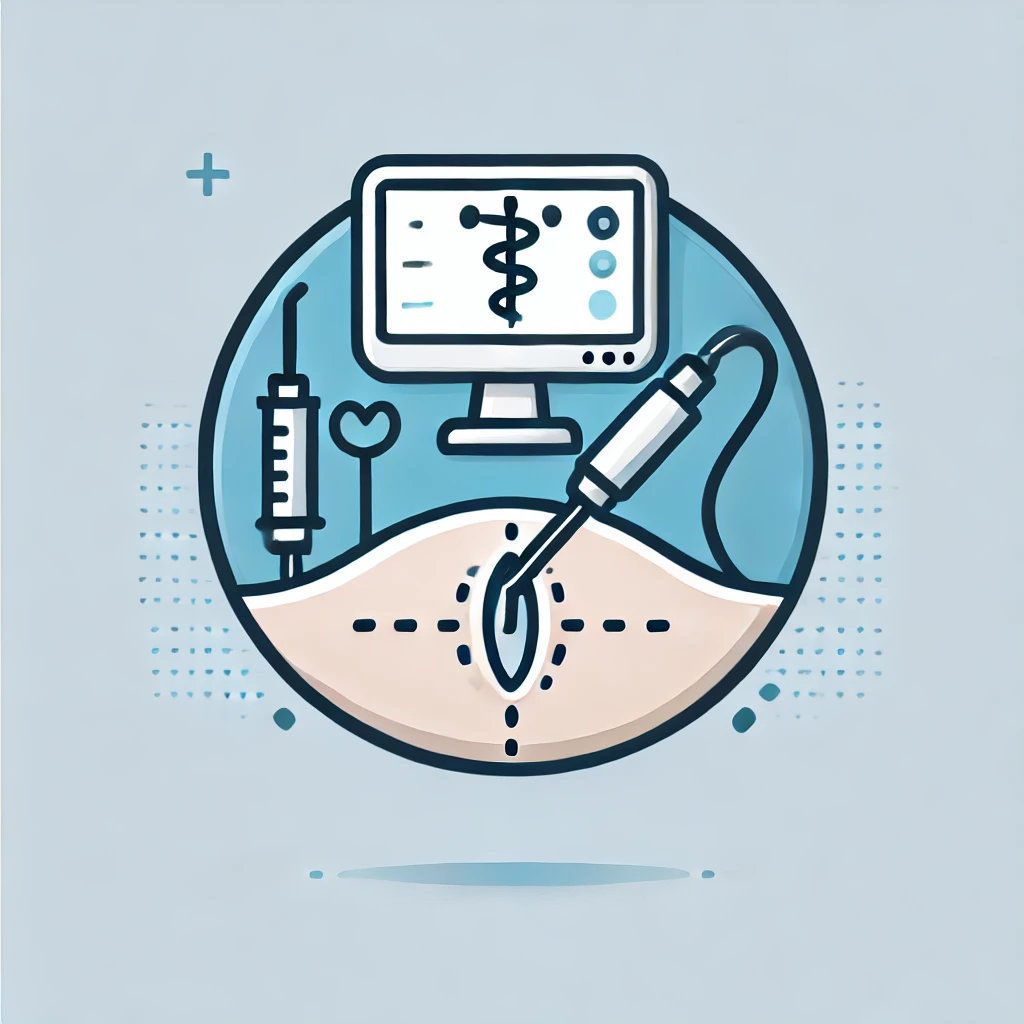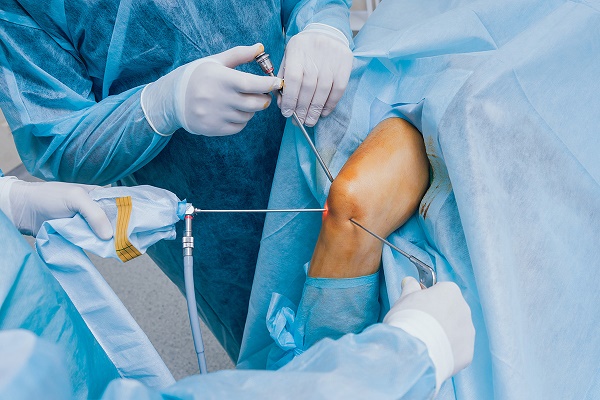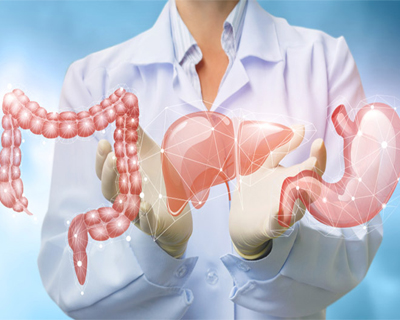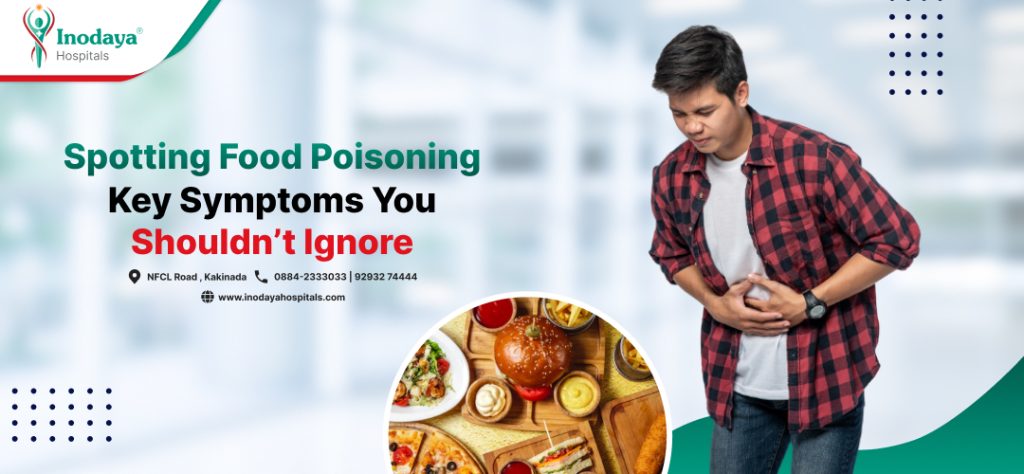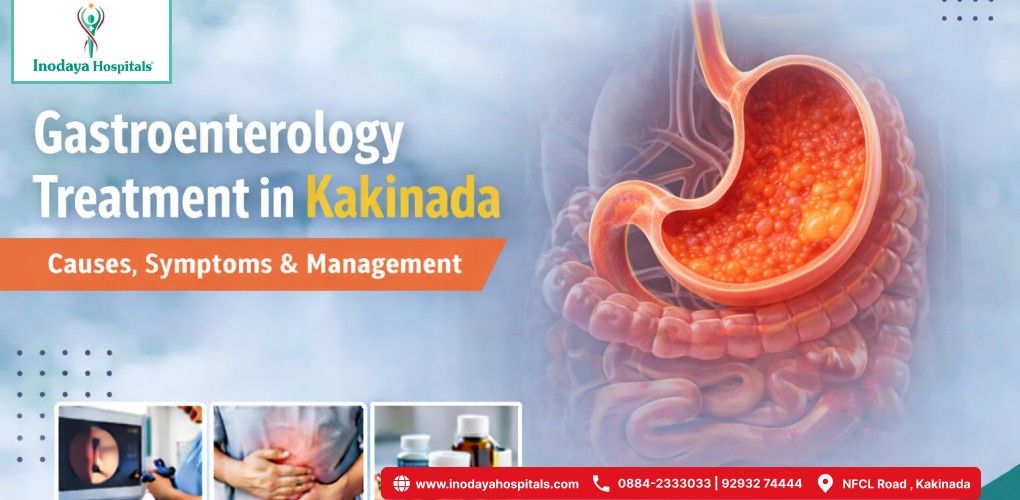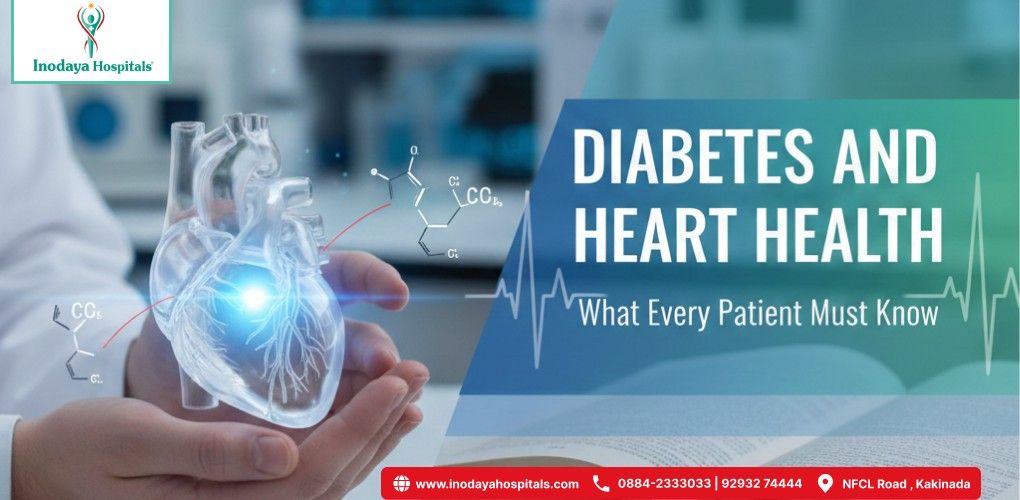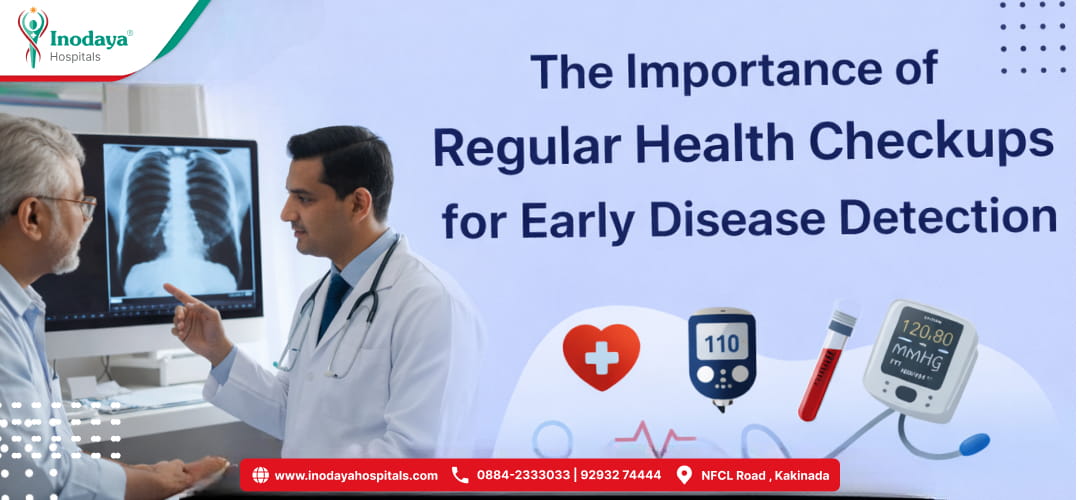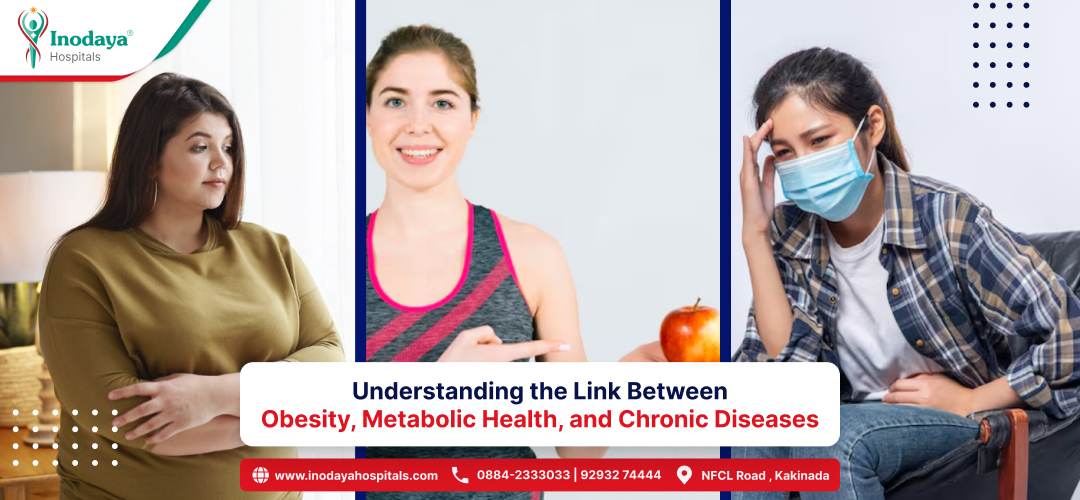Introduction
Almost everyone experiences an upset stomach at some point, but sometimes it’s more than just indigestion. Food poisoning occurs when you consume food or drinks contaminated with bacteria, viruses, parasites, or toxins. While many cases are mild, others can become serious if not treated quickly. Recognizing the symptoms early can help you seek medical care in time and prevent complications.
What is Food Poisoning?
Food poisoning, also known as foodborne illness, happens when harmful microorganisms enter the body through contaminated food or beverages. Common causes include:
- Bacteria like Salmonella, E. coli, or Listeria
- Viruses like Norovirus
- Parasites such as Giardia
- Toxins produced by microbes or due to spoiled food
Common Symptoms of Food Poisoning
Symptoms may appear within hours or sometimes days after consuming contaminated food. The most frequent signs include:
- Nausea and Vomiting
One of the earliest signs, often accompanied by sudden stomach discomfort. - Diarrhea
Watery or loose stools are a clear warning sign that the digestive system is trying to flush out harmful substances. - Stomach Cramps
Sharp abdominal pain is common and may come in waves. - Fever and Chills
The body may respond to infection by raising its temperature. - Fatigue and Weakness
Dehydration and loss of nutrients often make you feel drained.
Severe Symptoms That Need Immediate Attention
While mild food poisoning resolves on its own within a couple of days, some symptoms require urgent medical care:
- Persistent vomiting or diarrhea lasting more than two days
- High fever (above 102°F / 38.9°C)
- Blood in stools or vomit
- Severe dehydration (dry mouth, little or no urination, dizziness)
- Confusion or difficulty speaking (in rare but serious cases)
How to Manage Mild Food Poisoning at Home
If your symptoms are not severe, you can manage them with simple care:
- Drink plenty of fluids to replace lost electrolytes
- Eat bland foods like bananas, rice, applesauce, and toast (BRAT diet)
- Rest as much as possible
- Avoid caffeine, alcohol, and greasy foods until you recover
Prevention: Reducing Your Risk of Food Poisoning
The best way to deal with food poisoning is to prevent it in the first place:
- Wash your hands thoroughly before meals and after handling raw food
- Cook meat, poultry, and seafood to safe temperatures
- Store perishable foods in the refrigerator promptly
- Avoid eating food past its expiration date
- Be cautious when eating raw or undercooked foods, especially eggs and shellfish
Conclusion
Food poisoning is common, but it can quickly become serious if the warning signs are ignored. By learning to recognize the key symptoms early, you can take the right steps to treat mild cases at home or seek medical help when needed. Staying alert, practicing good hygiene, and following safe food practices will go a long way in protecting your health. Contact Us






































